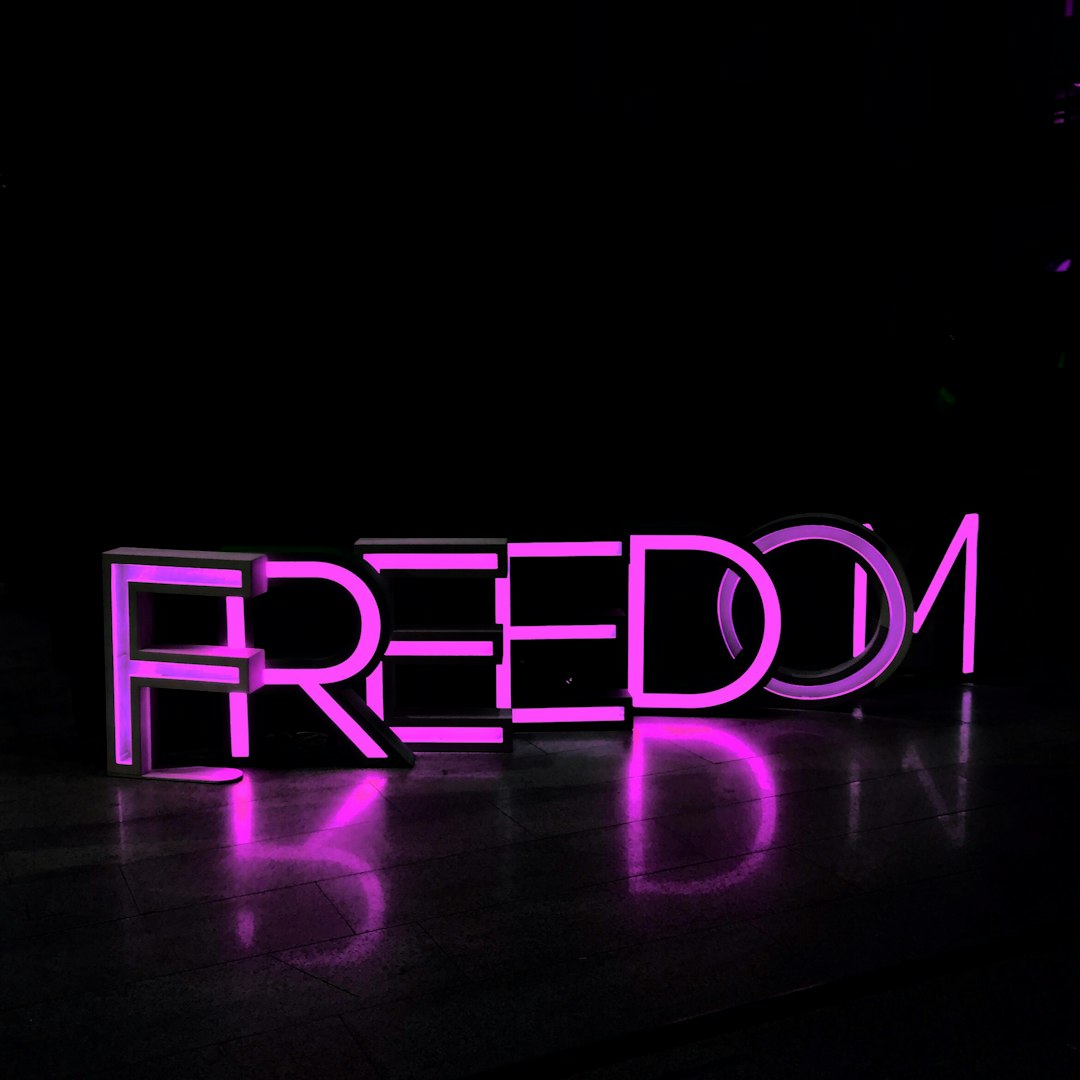
The Fascist Facebook Frenzy: The Unintended Consequences of Censorship
Ah, Facebook. The digital town square where everyone gathers to share cat videos and heated political debates, yet somehow ends up feeling like a high school cafeteria run by the overly zealous hall monitor. The Fascist Facebook Frenzy, as some have dubbed it, has become a focal point of concern regarding censorship, and the unintended consequences that arise from it. Let’s dive into this mesh of irony, absurdity, and—dare I say—political theater.
The Illusion of Safe Spaces
In the pursuit of creating a safe online environment, social media platforms have adopted increasingly stringent censorship measures. The rationale? Protect users from harmful content, fake news, and the dreaded misinformation. However, the reality is that this so-called ‘protection’ often veers into a realm of suppression. When does the noble intention of safeguarding our online experience morph into an authoritarian regime that dictates what is acceptable discourse?
Consider the case of the infamous “fact-checking” initiative. While the idea of checking facts sounds splendid, it often devolves into a battleground where dissenting opinions are labeled as “false” simply because they don’t align with the prevailing narrative. Remember when a certain well-known social media platform labeled an innocuous post about a pandemic as “false information”? Spoiler alert: The information turned out to be accurate. Oops!
The Backlash of Overreach
With every ban, block, and shadow ban, the public grows more skeptical of these platforms and their motives. The backlash is real. A recent survey indicated that a significant portion of users feel that censorship has reached a point where it stifles free expression. Ironically, the very act of censoring dissenting voices creates an echo chamber that breeds radicalism.
You see, when you push ideas underground, they don’t simply vanish. They fester. Unfiltered discourse is vital for a healthy democracy; when you censor, you don’t eliminate ideas—you only drive them into the shadows, where they can morph into something more dangerous. The more you attempt to control the narrative, the more you risk creating a society that thrives on conspiracy theories and underground movements.
The Paradox of Popularity
Let’s not overlook the delightful irony of censorship often leading to greater visibility for the very ideas being suppressed. Censoring a viewpoint can transform it into a rallying cry, rallying the troops and drawing more attention than it ever would have received otherwise. The phenomenon of the Streisand Effect is alive and well in the age of digital censorship, where attempts to hide information only serve to amplify it.
For example, when a particular social media platform suspended accounts and flagged content related to certain political beliefs, the result was a surge in interest and engagement with that content. People flocked to alternative platforms or private groups, eager to explore what the mainstream channels tried so hard to suppress.
Expert Opinions and Real-World Examples
Experts in communication and sociology warn against the dangers of censorship. A renowned sociologist once stated, “Censorship breeds distrust, and distrust breeds division.” This sentiment couldn’t resonate more in our current climate.
Moreover, historical examples of censorship illustrate the dire consequences of suppressed speech. The “Great Chinese Firewall” serves as a cautionary tale—controlled information leads to uninformed citizens, who are easily manipulated by the state. Do we want to head down that path in our pursuit of a sanitized online space?
Counterarguments: The Case for Censorship
Of course, proponents of strict censorship will argue that it is necessary to combat hate speech and misinformation. While these are valid concerns, the approach taken often feels heavy-handed. There’s a fine line between protecting users and infringing upon their rights to free expression.
The challenge lies in finding a balance. It is possible to create parameters for discourse without resorting to draconian measures. The answer isn’t to silence people, but rather to engage them in constructive conversation.
Conclusion: A Call for Open Discourse
As we navigate the turbulent waters of social media, one thing is abundantly clear: the Fascist Facebook Frenzy has unintended consequences that we must grapple with. Censorship, rather than creating a utopia of safe spaces, often leads to division, distrust, and the birth of radical movements.
Instead of silencing dissent, we should encourage open discourse, foster critical thinking, and embrace the messy nature of democratic engagement. After all, a society that can’t withstand a little disagreement is a society that is truly in peril.
In the end, may we all strive for a world where ideas can be freely exchanged, and the marketplace of ideas remains vibrant and diverse—without the heavy hand of censorship looming over our heads.
Let the discussion begin!


